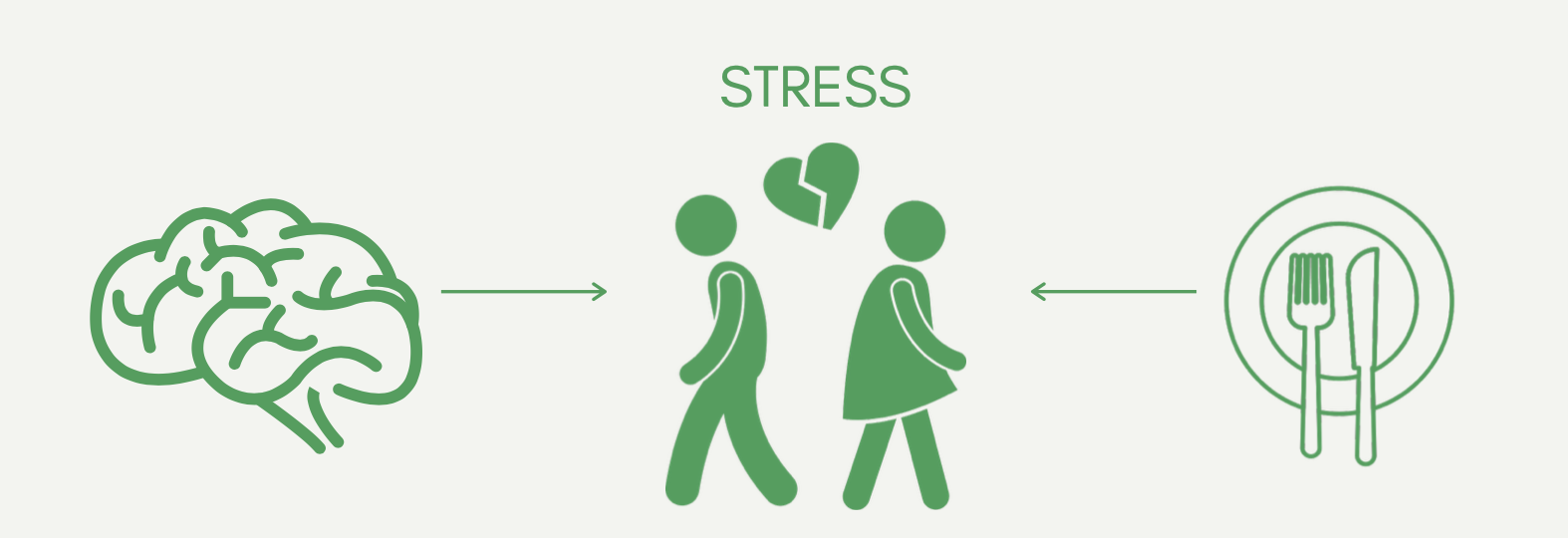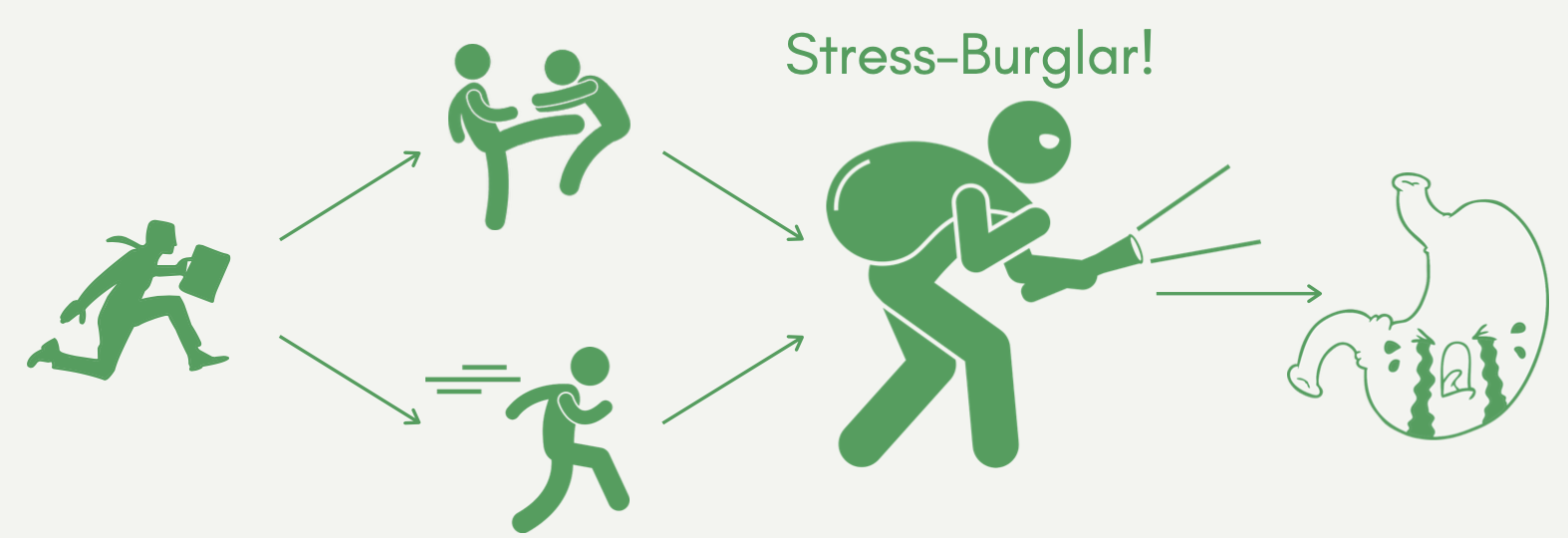(Part 2 of 3) "Digestive Dysfunction Deep Dive" Video Series: "Rest and Digest" + "Chew your food"
Feb 22, 2021(Transcribed below)
In Part 2 of this 3 part Digestive Dysfunction Deep Dive, we'll begin our look at how the complex processes involved in indigestion can begin to break down.
We'll take the same approach to our examination of dysfunction as we did for examining proper function, which means we'll start in the north and make our way south gradually.
Before we begin, we have to frame our discussion by giving away the big secret about digestive dysfunction... which is that the vast majority of it is pretty much centered around your stomach acid - as you'll see.
But the dysfunction may be indirectly or directly related to this.
This video is dedicated to the first two steps in the digestive process in the brain and mouth, which are related to your stomach acid, but in an indirect way.
So in the next video we'll speak more specifically about the direct consequences of weak stomach acid.
Sound good? Let's go.
As you may remember, digestion starts in the brain.
Think of your brain and food as the two leads in a romantic comedy - they require a sizable amount of flirtation and build up before they can finally get together.
But, unfortunately, the romance doesn't work when we're stressed.

Or, maybe at home you grab some leftovers from the fridge and scarf it down over the kitchen sink.
Here's what's wrong with these scenarios.
Rushing and stress puts us in a "fight or flight" mode. This survival mode requires resources and energy from the body to engage in fighting with or flighting from the perceived stressor. These are resources that would normally be allocated to digestion - it takes resources to secrete stomach acid properly!

Essentially the physical stress response steals the resources away from digestion.
So when you fail to allow your body the transition time necessary for it to properly prepare for food breakdown it sets the stage for improper function.
Instead, try to think "rest and digest." Be seated at the table, no screens, smell your food. If needed, take up to 10 deep breaths before you take your first bite. This will help to ensure your body outputs proper levels of digestive secretions.
On to the mouth.
At the risk of sounding like a parent scolding a 4 year old, chew your food.
In the same scenarios we've painted, eating in the car, over the kitchen sink, this is especially important. But it is equally important when you're relaxed and seated.
I actually find that people need to be more mindful about this when they transition to a Whole Foods based nutrient dense diet as processed foods can require less chewing since they contain less fiber and protein.

Really, for most meals, you should chew your mouthful for about 30 seconds. Count out loud if you need to.
When you fail to do this, it places an enormous burden on your stomach acid and digestive secretions to breakdown the food enough. Without properly chewing, there's no amount of secretion output to make up for that extra burden.
This brings us to the esophagus - After food moves down the esophagus it is stopped by that old rascal, the Lower Esophageal Sphincter or LES, who we talked about in Part 1. Told you he'd be back!
How the LES functions relies heavily on the signals it receives from the stomach. Therefore any dysfunction happening here is actually directly rooted in stomach acid output.
So here is where we will draw the line between these first two legs of digestion in your brain and mouth that are indirectly linked to your stomach acid, and all of the other steps which are directly linked to your stomach acid. So we'll dive head first into this second category of dysfunction in the next video.







